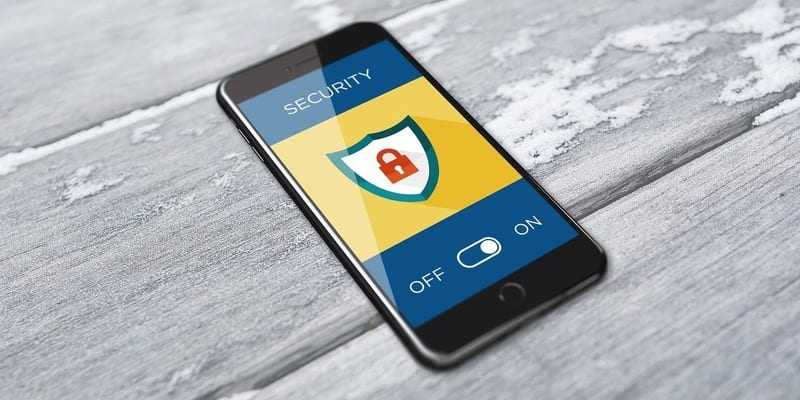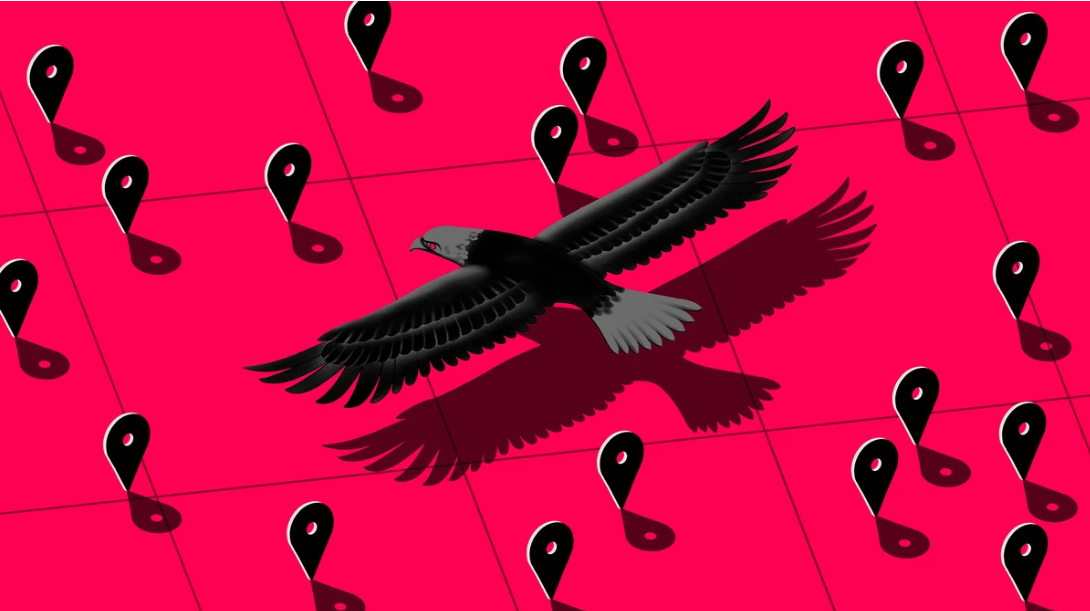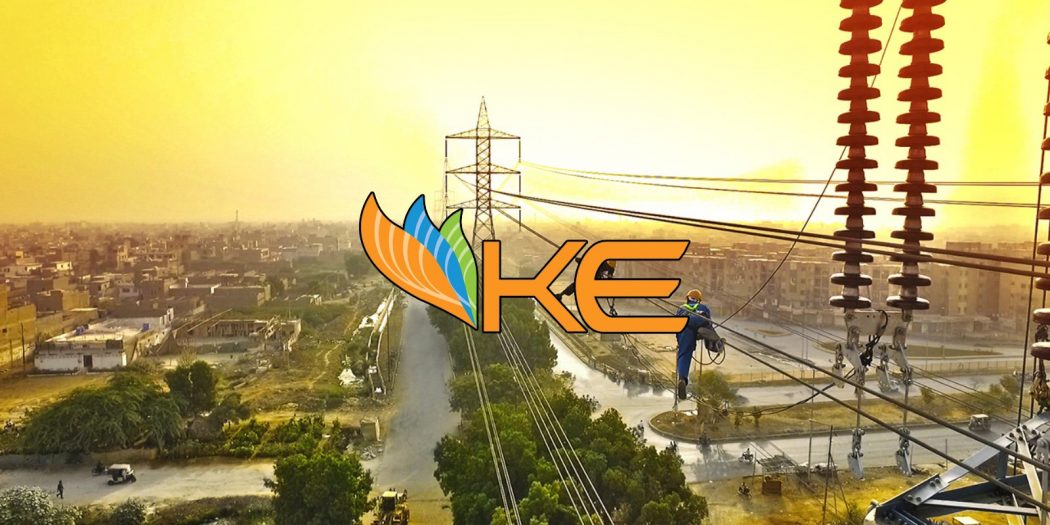
Facebook Removes Scores of Fake Iran Linked Accounts
Facebook has recently revealed on this Friday that they had removed over 82 Pages, Groups and accounts which were linked to Iran which were said to be spoofed to appear as if run by the US and UK citizens.
In total, the social network platform Facebook has took down over 30 Pages, three Groups and 33 accounts, as well as 16 accounts on the Instagram—which is accusing them of “coordinated inauthentic behavior.”
“The page administrators and account owners typically represented themselves as US citizens, or in a few cases UK citizens—and they posted about politically charged topics such as race relations, opposition to the President, and immigration,” explained head of the cybersecurity policy, Nathaniel Gleicher.
“Despite attempts to hide their true identities, a manual review of these accounts linked to their activity to Iran. We also identified some overlap with the Iranian accounts and Pages we removed in August.”
In addition to these accounts behind the spoof accounts who barely spend less than a $100 in advertising, and of the seven events which were hosted, only around 110 people expressed an interest in at least one event, it said.
However, the other reports from separate findings: which said that Facebook page I Need Justice Now has more than 13 million video views, the Digital Forensic Research Lab told the BBC.
Facebook recently has also claimed that they have more than 20,000 employees who are currently working on safety and security, with the help of AI tools to detect the fake accounts.

![Bykea Had Publicly Exposed 400+ Million Users Data Including [CNIC, Address, License] ETC](https://www.techietalks.online/wp-content/uploads/2021/02/Bykea-Data-Breached.png)

